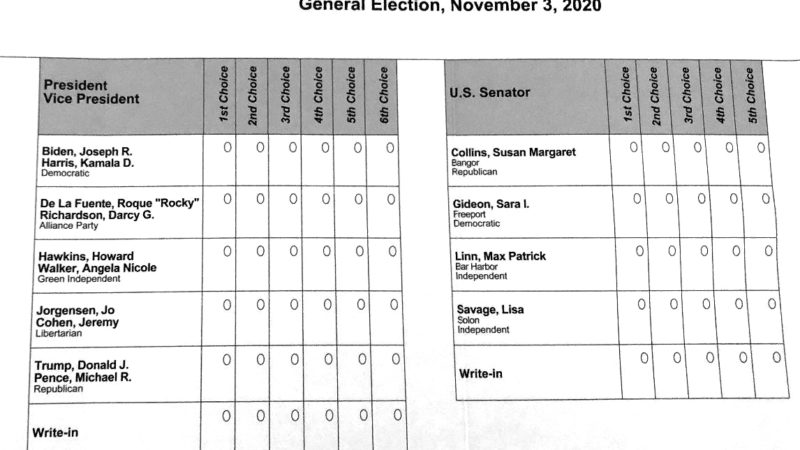The 2020 election as a learning opportunity
The Upper School is navigating the upcoming (and highly contentious) 2020 election as a learning opportunity. We are pursuing three general goals:
- To give student groups the opportunity to reflect on what they are learning about the candidates and to present their learning to classmates.
- To give individual students the chance to reflect on their own political viewpoints in relation to their classmates and the country as a whole.
- To help our students be more savvy consumers of election news by tuning them in to what to watch for as the election and its aftermath unfolds.
We have begun the process.
Last Wednesday, students completed the Pew Political Typology Quiz, which tells them which political subgroup is their best match. We aggregated the data by school, so they can see where they stand in relation to their classmates and where they and their classmates stand in relation to the country. Our objectives were:
- To give student advocacy groups the opportunity to examine candidates through the lens of their respective groups and share what they learn with classmates;
- To give students the opportunity to understand some of the nuanced complexities of the challenges we face by reflecting on their own political viewpoints and realizing that the student body holds much greater diversity of thought than is revealed by mock elections; and
- To provide insight into how the American political system functions (or not).
Methods:
- Students will attend a presentation entitled “Intersectionality in our Local and Presidential Candidates.” The presentation is sponsored by GLTR, RAaW, PRIDE, and WEAG and examines the candidates through the lenses of these four groups.
- Students will complete a mock election ballot that asks them to vote on candidates and respond to a series of questions that we have developed that raise topics relevant to students about which good, reasonable people can reasonably disagree.
- In dialogue, we will explore the diversity of viewpoints in the student body in comparison to what is often described and experienced as a monolithic mindset at Waynflete.
- As events unfold before and after the election, we will give students guidance on what to watch for and use the opportunity to reveal as much as possible about the mechanics of government and the election process.
Schedule:
- Wednesday, October 21, during advising and wellness blocks: students completed the political attitudes survey.
- Wednesday, October 28, during assembly, advising, and wellness blocks: students will attend the intersectionality presentation, which will be followed by a conversation about the presentation and information about what to watch for in the election.
- Tuesday, November 3, during the day: students complete the mock election ballot. (We may allow early voting.)
- Wednesday, November 4, during assembly, advising, and wellness blocks: we will discuss the mock election results regarding the candidates and the other questions posed on the ballot. We will also discuss the status of the national and state elections and guide students on what to watch for going forward after an election that is likely to be unfinished and possibly contested. It may also stir civil unrest.
- Subsequent to November 4: we will take time as needed to keep students engaged with what is happening with an eye towards making them informed consumers of the post-election news. We will also find the time to discuss how we as a school can do the best job possible valuing diversity of thought while staying true to the school’s mission to be a community in which all of our students belong.




